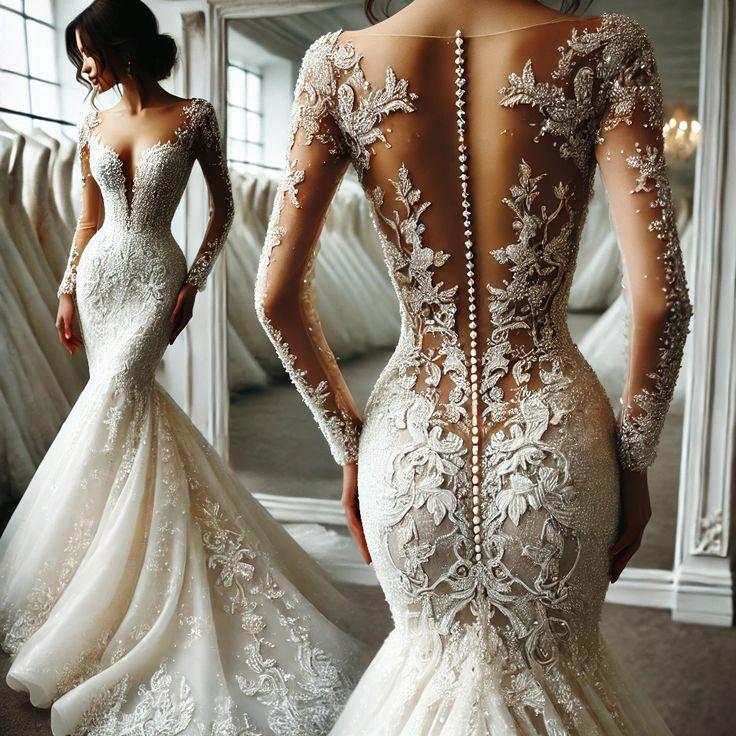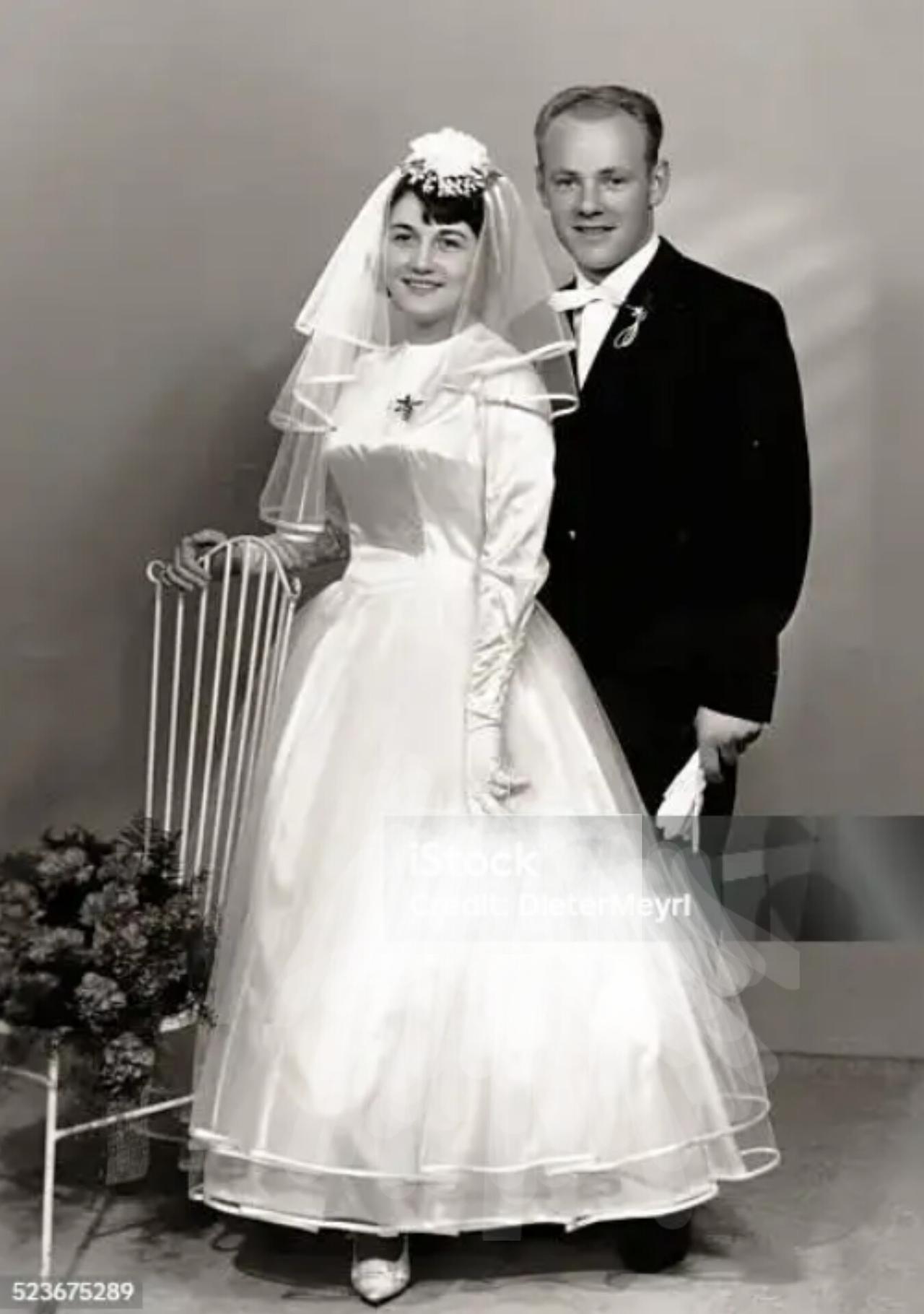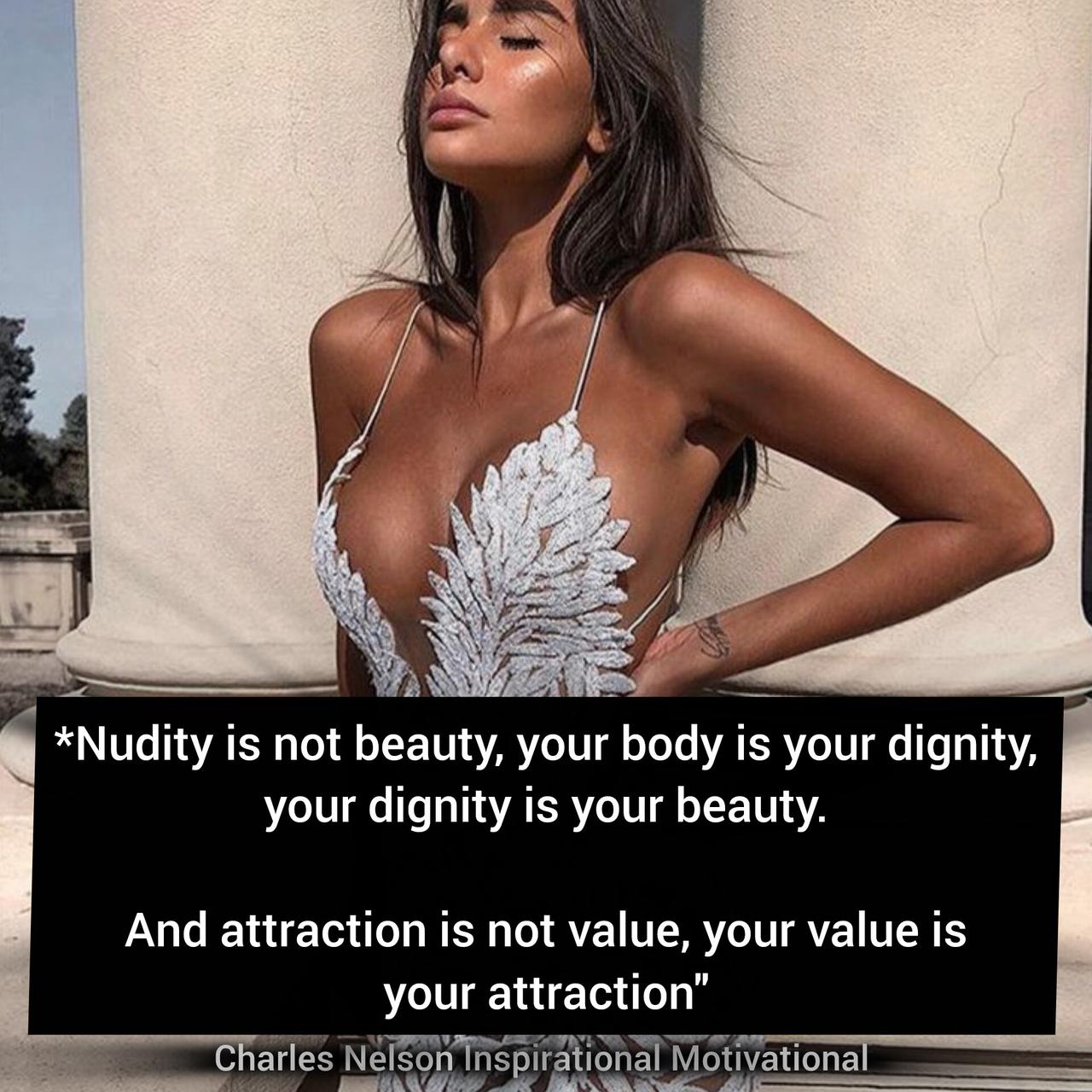Website designed with the B12 website builder. Create your own website today.
Start for free
Introduction
Fashion has long been a reflection of culture and society, but as trends evolve, they often come at a steep price to our values and dignity. The modern obsession with revealing clothing and provocative styles has warped our understanding of beauty, leading many to equate fashion with nudity. In a world where influencers and celebrities are celebrated for their scantily clad appearances, the younger generation finds itself caught in a cycle that often prioritizes shock value over self-respect. This alarming shift raises the question: How has fashion corrupted our generation by distorting our values and diminishing the concept of dignity?
While the past celebrated modesty and elegance—particularly in significant rites such as weddings—today's trends frequently promote minimal coverage as the ultimate expression of style. Once, wedding gowns embodied purity, love, and respect for the sanctity of the relationship, draping couples in grace and dignity. Now, many couples feel pressured to conform to contemporary styles that often leave little to the imagination. The erosion of these cherished values indicates a societal failure that extends beyond the fashion industry, prompting a critical examination of how we can reclaim our lost dignity amidst the chaos of contemporary trends.
The corruption of our generation: How fashion distorts values and dignity
Fashion has seeped into the very fabric of our society, dictating not only what we wear but also shaping our values and perceptions. As fashion trends evolve, they often stray further from the ideals of decency and respect for the human body. In today’s world, the pressure to conform to ever-changing fashion norms has led many young people to equate worth with appearance, distorting their values and diminishing their sense of self-worth. Rather than celebrating individuality and genuine expression, the fashion industry increasingly glorifies nudity and sexy aesthetics, sending a message that one’s value lies in their ability to attract attention, often at the cost of dignity.
This shift has far-reaching consequences for our generation. Young people look up to influencers and celebrities who flaunt their bodies in revealing attire, often promoting a lifestyle that prioritizes physical appearance over character and intellect. As a result, the lines between artistry and exploitation blur, leaving many to question whether fashion truly uplifts the human experience or strips it of dignity. Alarmingly, many of today’s role models reinforce this cycle of objectification, teaching the younger generation that being celebrated means shedding layers—quite literally. It begs the question: has fashion fundamentally altered our understanding of respect, self-worth, and human dignity?
Fashion vs. dignity: Does being trendy equate to embracing nudity?
The fashion world often blurs the lines between artistic expression and moral integrity, frequently suggesting that being trendy means embracing nudity. As designers push boundaries, many young people feel pressured to adopt these revealing styles, believing that their worth is tied to their appearance. This promotes a mindset where nudity is celebrated as a form of empowerment, while in reality, it can strip away the dignity that comes from modesty and self-respect. The ironic twist is that in seeking acceptance through skin-baring outfits, many end up losing the very essence of their identity, opting for visibility over virtue.
How has the Church failed in accepting this failed society? Compare the wedding attire of the good old days to the wedding attire of the present trending generation.
The old days when dignity was a trend

The modern day where nudity is a trend

Moreover, societal figures and influencers amplify this trend, celebrating skin exposure as an embodiment of confidence and freedom. However, this celebration often overlooks the deeper moral implications, shifting the focus from personal value to external validation. The older generations, in contrast, embraced fashion that honored modesty and the human body’s dignity. As a result, a disconnect emerges, where young people might unknowingly equate fashion with a lack of restraint, leading to a culture that values nakedness over nobility. Recognizing this distortion is the first step toward reclaiming the profound connection between dignity and attire, urging us to reconsider how we define beauty in today’s world.
A call to action: Restoring lost dignity amidst fashion's immoral influence
As we navigate the challenging landscape where fashion and dignity collide, it becomes crucial for us to prioritize values over trends. Communities must come together to redefine what constitutes beauty and appropriateness. We can initiate programs that promote wholesome fashion choices, support local designers who embody modesty, and create campaigns advocating self-respect among youths. By educating younger generations about the importance of dignity and self-worth, we can help them recognize that true style transcends mere superficiality. Fashion should be a form of self-expression that honors, rather than denigrates, our bodies and individuality.

Moreover, churches and educational institutions play a pivotal role in this restoration process. They must actively engage with their communities by fostering discussions on self-respect and moral integrity in the context of fashion. By organizing workshops, fashion shows with modest attire, and youth-led initiatives promoting positivity in self-image, these institutions can challenge the prevailing narrative that equates nudity with beauty. Let’s empower our generation by emphasizing that fashion can be both stylish and dignified, allowing individuals to express who they are without compromising their values. Together, we can reclaim fashion as a celebration of identity, culture, and modesty, freeing humanity from the shackles of a distorted sense of worth.